By Michael E. Haskew
Months after the Red Army stormed across the Polish frontier from the east and occupied approximately half of Poland in the autumn of 1939, the Soviet secret police (NKVD) rounded up thousands of Polish Army officers and summarily executed them at various locations around the war-torn country. All told, more than 20,000 were murdered.
The most infamous of these mass murders took place in the Katyn Forest, near the Russian city of Smolensk. These officers the backbone of the Polish military; the reservists among them were teachers, politicians, doctors, and lawyers—the core of an intelligentsia that could oppose Soviet rule in the future. For Josef Stalin, NKVD head Lavrenti Beria, and the politburo the solution to the threat was to execute the victims with a single gunshot to the back of the head.
No admission of responsibility for the massacre or apology occurred until Mikhail Gorbachev owned up to it in 1990 as the sun was beginning to set on the Soviet empire in Eastern Europe.
An American Policy of Silence
Officially, the United States had stopped short of accusing the Soviets of a cover-up concerning the massacre. Openly accusing the Cold War adversary of mass murder would only serve to heighten the tensions of the half-century ideological and military standoff.
Early outrage over the official silence prompted a Congressional investigation in the early 1950s, and the 1952 report called Katyn “one of the most barbarous international crimes in world history” while acknowledging that the Roosevelt administration had knowledge of the true perpetrators, the Soviets rather than the Nazis, as early as 1943.
The source of renewed interest in the Katyn Forest Massacre and the evidence of Soviet culpability available to the Roosevelt administration is a trove of 1,000 pages of documents that the National Archives released last September. According to an Associated Press report, Roosevelt received confirmation from two American prisoners of war who had been specially trained to gather and submit intelligence information to Washington, D.C., through coded messages.
In the spring of 1943, the Nazis took a group of American and British prisoners to the Katyn Forest. There they were shown row after row of badly decomposed bodies wearing Polish Army uniforms. The intent of the Germans was clear—to potentially drive a rift between the Western Allies and the Soviets as the noose tightened around the collective Nazi neck. The two Americans, Lt. Col. John H. Van Vliet, Jr., and Captain Donald B. Stewart, confirmed that German propagandists accusing the Soviets of the atrocity were indeed correct.
According to the AP, one message from Stewart read, “Content of my report was aprx (approximately): German claims regarding Katyn substantially correct in opinion of Van Vliet and myself.” The documents further reveal that in 1950 Stewart was instructed not to discuss Katyn with the Congressional committee before it convened.
Maintaining a Lie for Political Expediency
Although much of the new evidence has yet to be assessed, it appears virtually certain that Roosevelt and high-ranking members of his administration suppressed information regarding the Katyn Forest Massacre due to military necessity and political expediency. Roosevelt needed good relations with the Soviets to finish the fight against the Nazis and potentially to enter the war against Japan, particularly if an invasion of the Japanese home islands was required.
However, in failing to inform the world—particularly the American people—of Soviet guilt in the massacre some scholars argue that Roosevelt went too far in his efforts to garner favor with the Stalin regime. How does the historical perspective on Roosevelt change with the knowledge that a sitting U.S. president was aware that his country’s ally had innocent blood on its hands?
Actually, the AP report contends that the U.S. government was “maintaining that it couldn’t conclusively determine guilt until a Russian admission in 1990—a statement that looks improbable given the huge body of evidence of Soviet guilt that had already emerged decades earlier….”
Had the American people known much sooner about the true depths of Stalinist evil, would the negotiations that divided Germany and resulted in Soviet hegemony in Eastern Europe have worked out differently? Then again, how would postwar Japan have emerged if Red Army troops had occupied Hokkaido and portions of Honshu and Tokyo had been divided into occupation zones similar to Berlin? These are tantalizing questions.
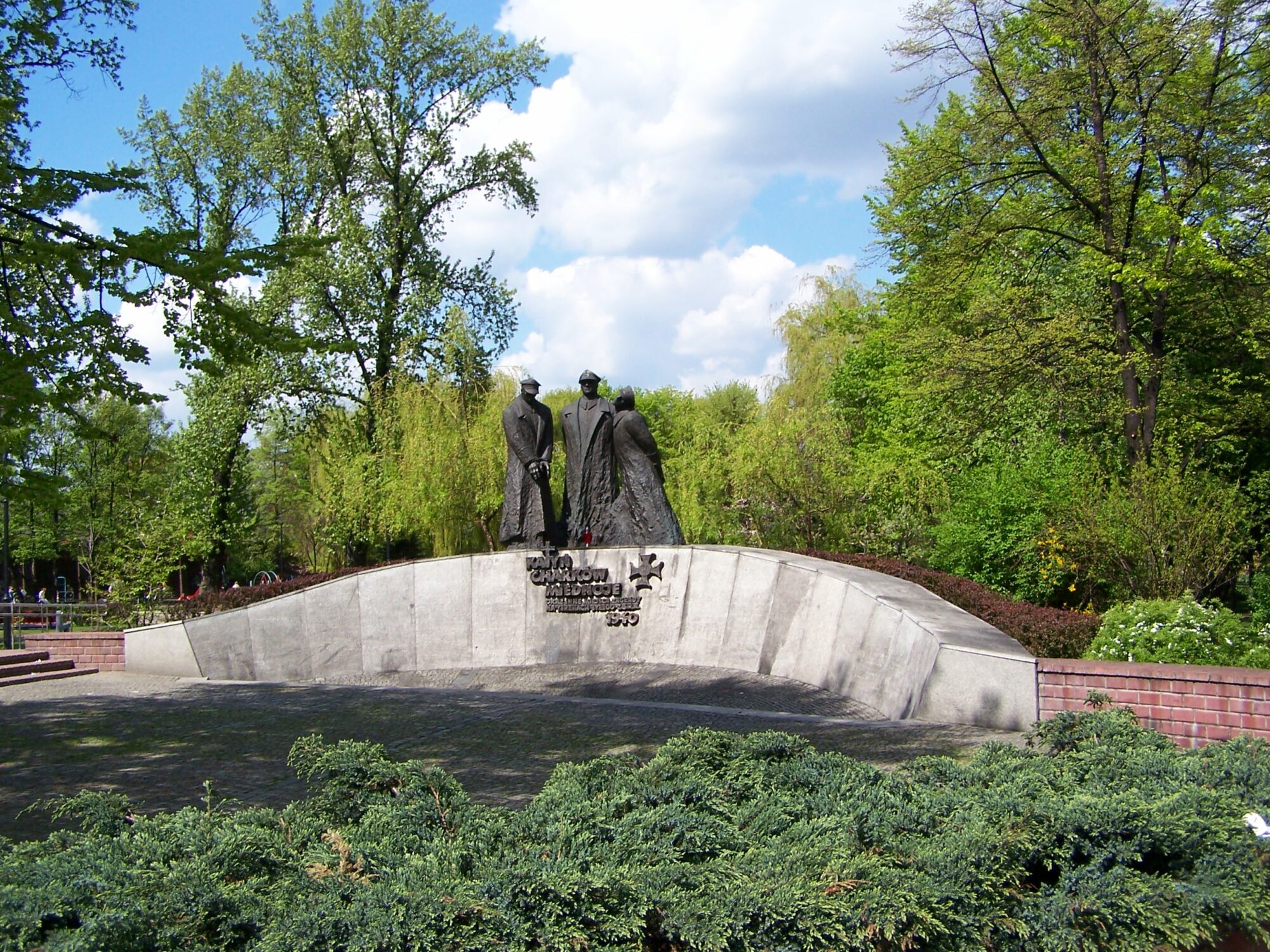
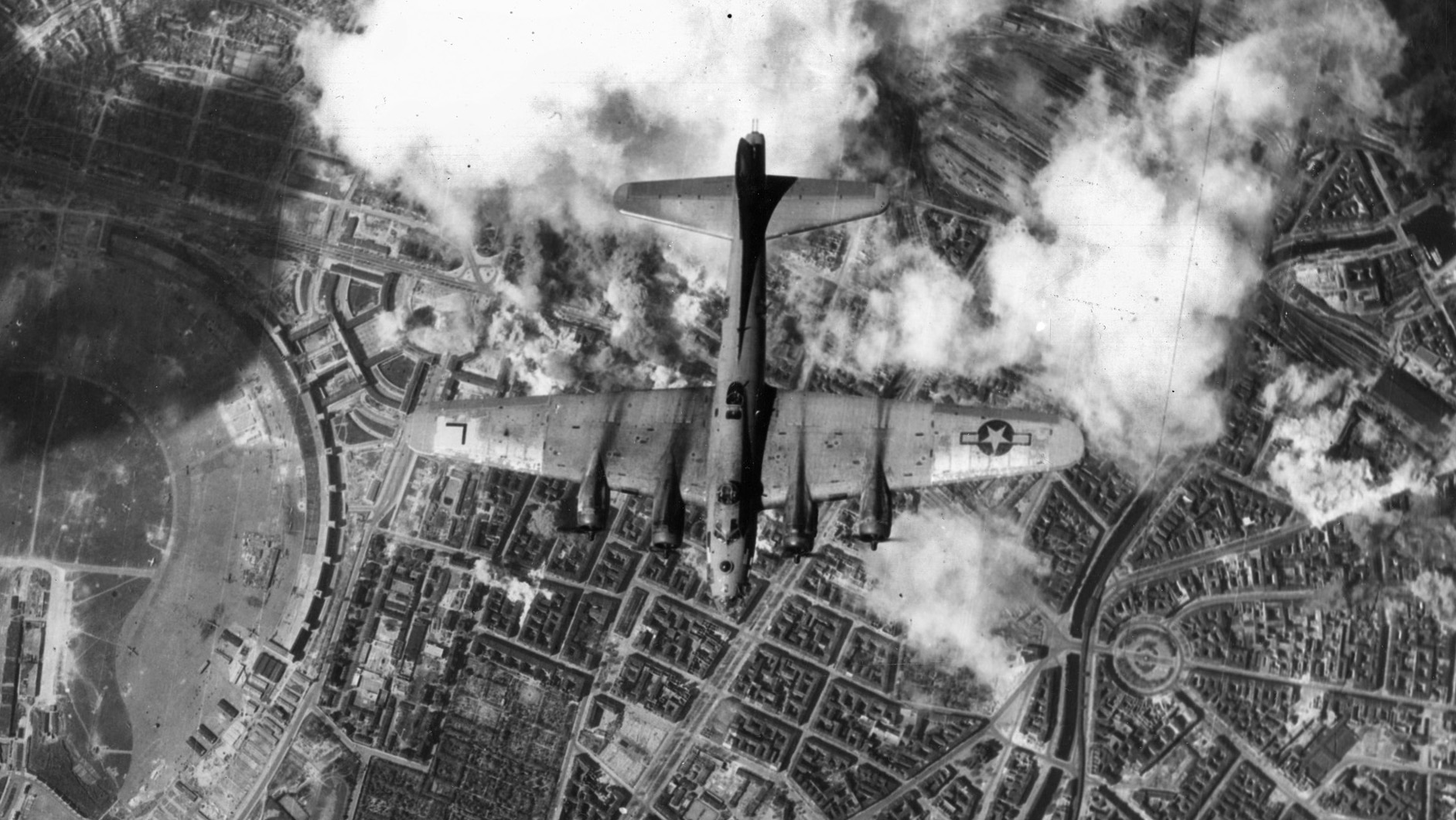
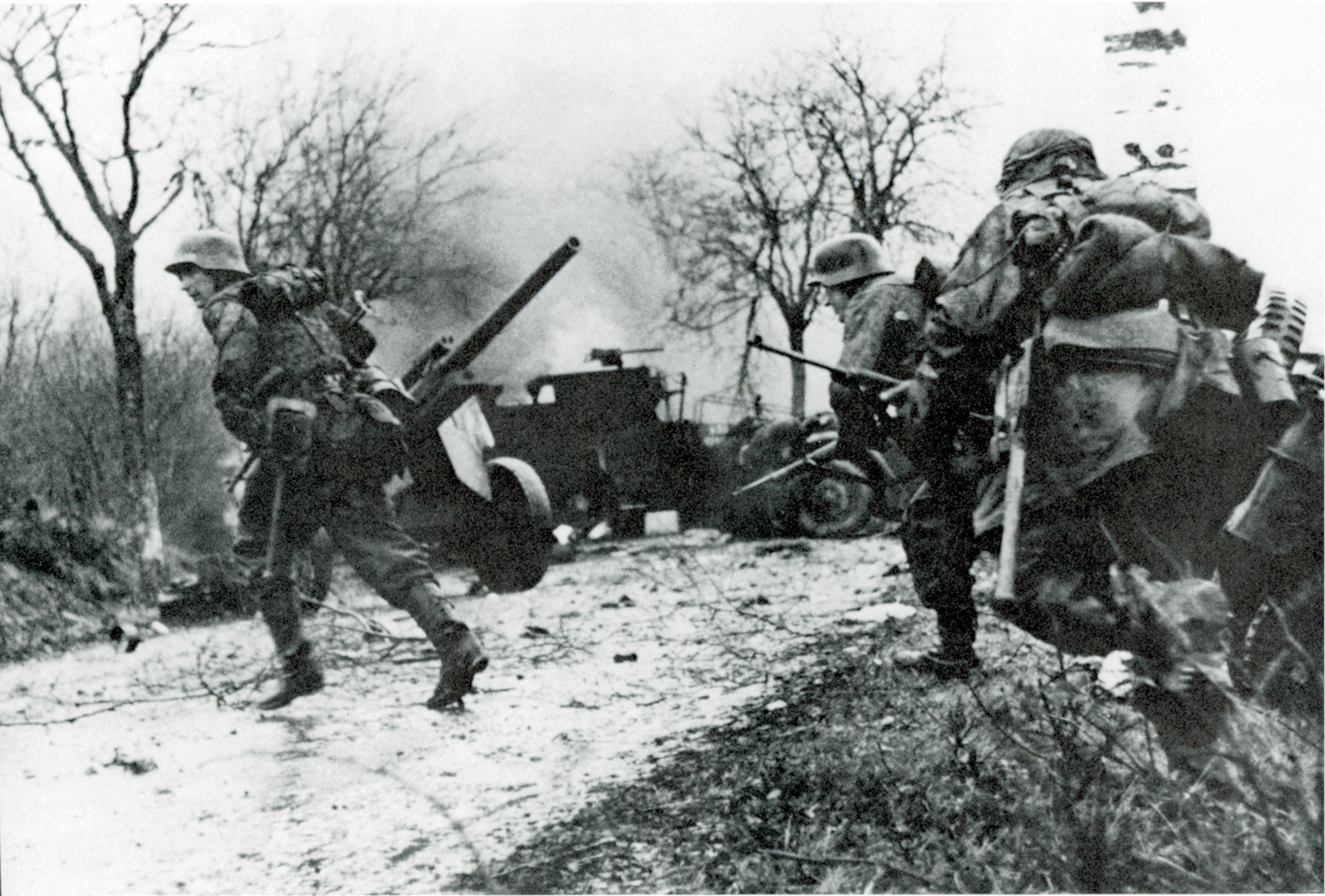
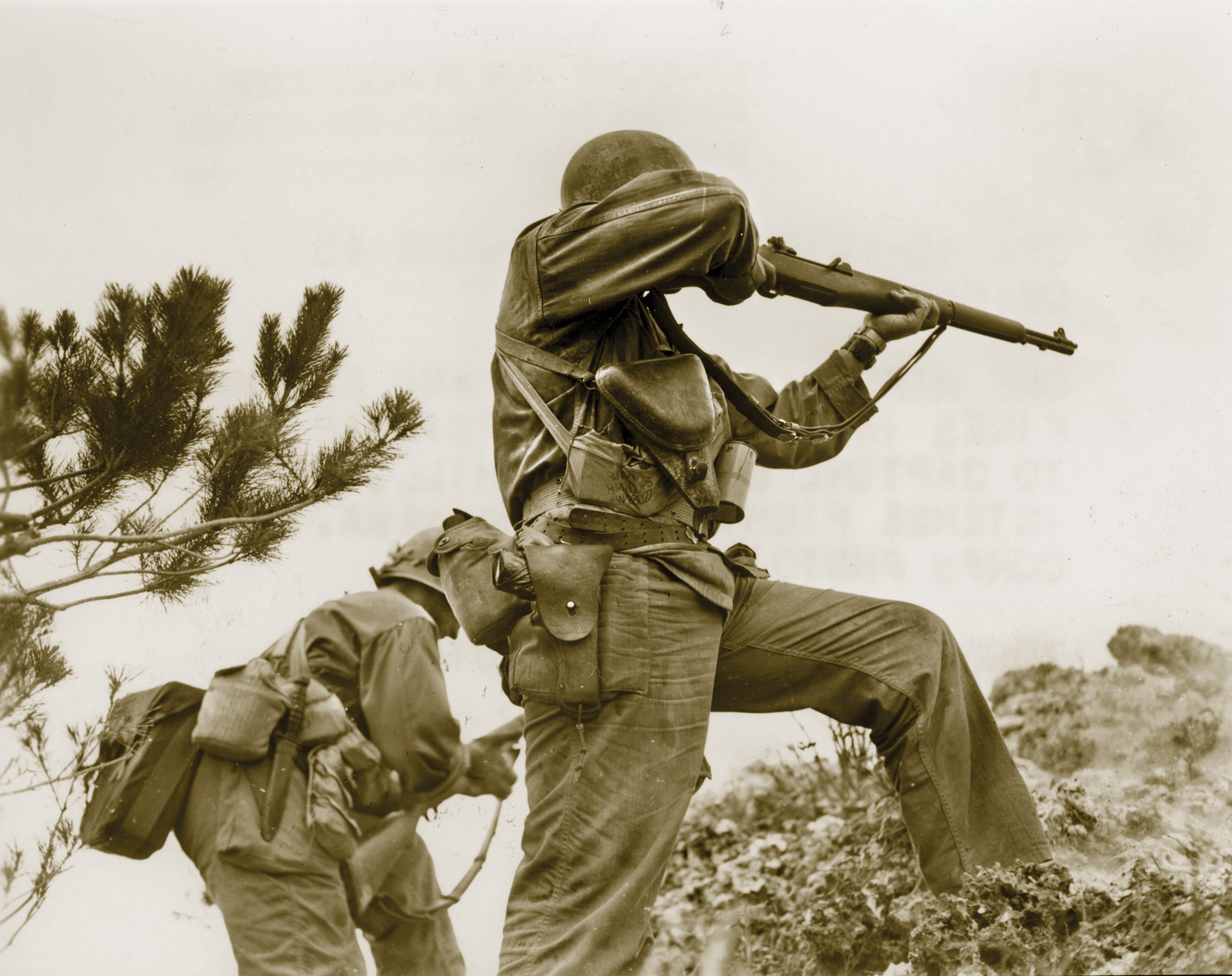
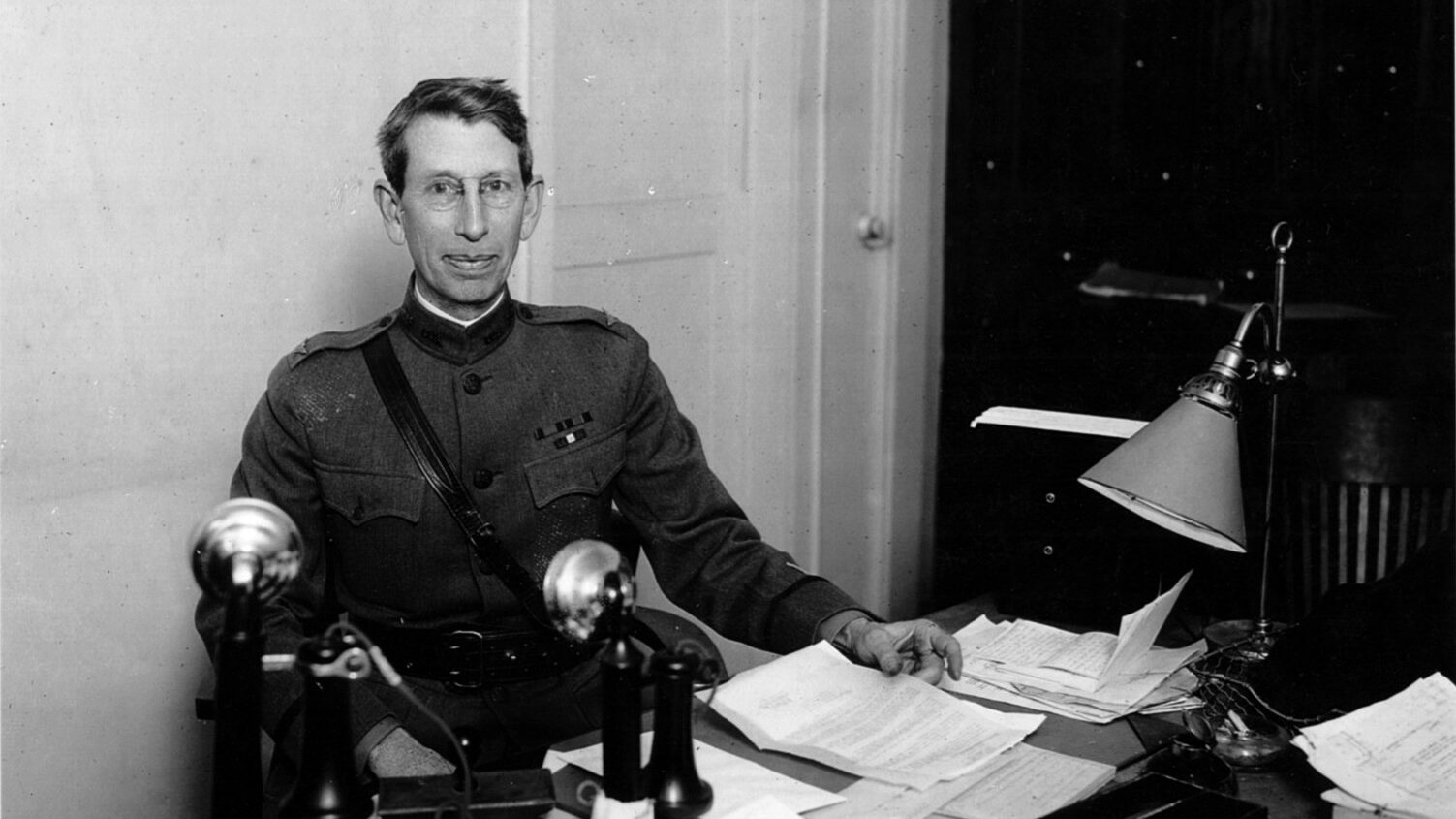
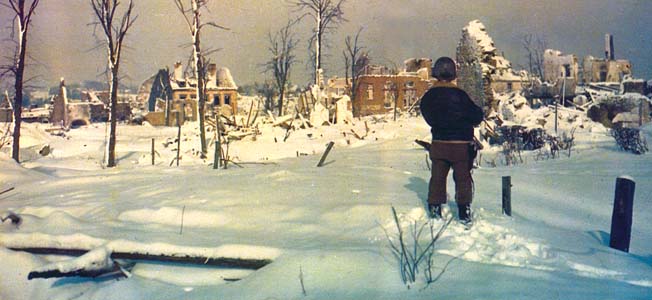

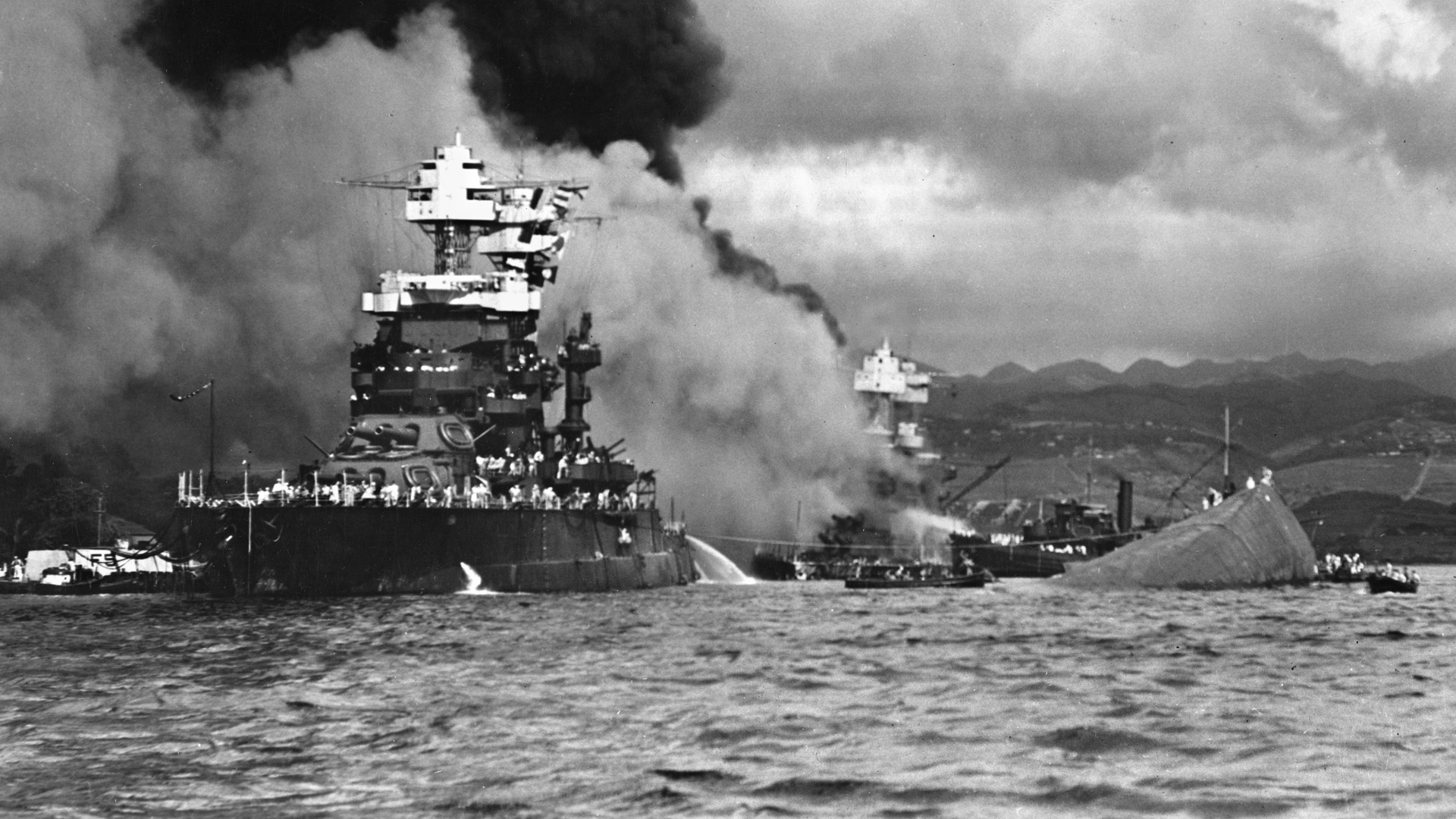
It’s very easy to act outraged today but at the time it made a lot of sense to not accuse your allies of war crimes when the war is still on going. Does the writer think it’s wise to maybe lose the USSR. The enemy of my enemy is my friend. This was life or death war unlike man had ever seen and the president died before the war ended so who knows what he planned after the end.
When asked about Stalin’s intentions by Secretary Of State Cordell Hull, Roosevelt replied that he would handle “Uncle Joe”. His performance at Yalta would seem to belie that confidence.
The Russians did the majority of the dying and the fighting in the defeat of Nazi Germany. Would it have been better to lose them as allies and had millions of Americans die to defeat the Nazi’s?
No doubt that FDR didn’t want to upset the apple cart with Stalin as the USSR did most of the fighting and dying in the fighting early on in Europe (though much of the dying may be attributed to Stalin’s own purge of his officers prewar to replace them with loyal party members), it seems inconceivable to me, with hindsight, that he ignored completely even with what the International Red Cross agreed about the massacre. I suppose, like Churchill, he considered it more imperative to defeat the Nazis anyway possible, no matter who your “allies” were. Even after Sir Winston realized the enormity of the Soviet threat and warned us about it, I believe FDR’s narcisstic views of himself as a handler of “Uncle Joe” (perhaps fed by our media and his own advisers back then) prevented him from showing any concern, if any, that me may have had. “Uncle Joe’s” later moves swallowing much of easter Europe are logical then.
Roosevelt also demonstrated that utilitarian attitude about the death camps. He saw little to be gained by bombing the camps or even officially acknowledging their existence and purpose. The only proper political thing he did toward the end of the war was to get rid of his vice- president, the red loving Wallace, and replace him with the more pragmatic Truman.
FDR’s gullibility and sadly his misplaced sense that his personality could win over Uncle Joe as the war turned into its final years contributed to the sad enslavement of Eastern Europe for half a century. Even Churchill was bewitched at least temporarily, and the two leaders were slow to realize just how bad the Soviet regime was. Of course it’s also true that they absolutely needed the Soviet Union to beat back the Nazis, and that they lost something like 27 million of their own citizens in that fight. I can remember the feeling in England as the war drew a close which was one of unadulterated admiration for the Red Army and even for its leader, the indomitable Uncle Joe puffing on his pipe. It would have been hard to go against that perception.
David Thomas